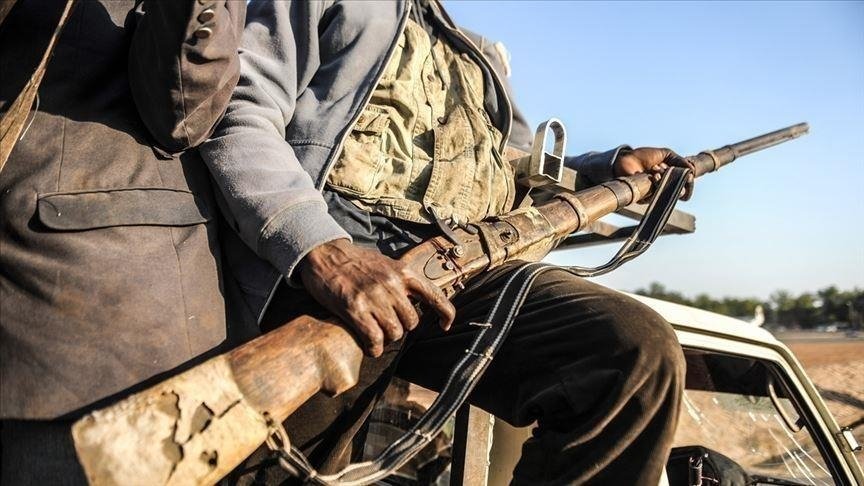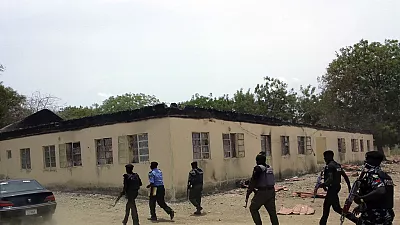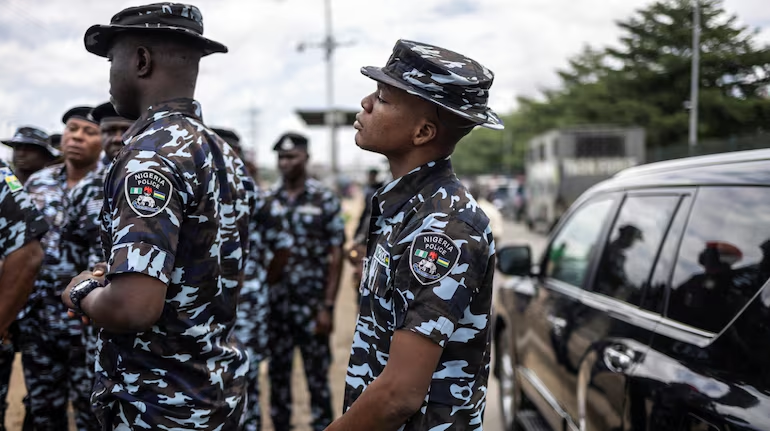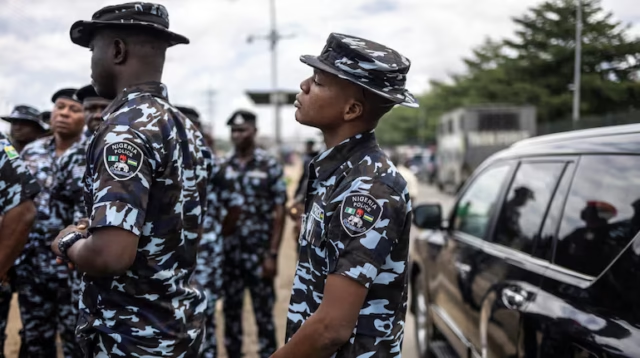In a chilling pre-dawn raid, 25 schoolgirls were abducted from their dormitories at the Government Girls Comprehensive Secondary School in Maga, Kebbi State, Nigeria. The violent attack, carried out by suspected “bandits,” also claimed the life of the school’s vice principal, Malam Hassan Yakubu Makuku, as reported by The Washington Post.
Authorities report that the assailants struck around 4 a.m., unleashing sporadic gunfire before forcing their way into the campus sleeping quarters. The vice principal was shot and killed during the incursion, while another individual sustained an injury to their hand.

Search-and-Rescue Underway as Security Forces Mobilise
Responding swiftly, the Nigerian government mobilised its security apparatus, deploying military personnel, tactical teams, and local units to scour suspected escape routes and nearby forests. Defence Minister Bello Mohammed Matawalle confirmed that the state leadership leapt into action, ordering an immediate operation to secure the girls’ safe return.
The Kebbi State Police Command spokesman, Nafiu Abubakar Kotarkoshi, said the force responded after an alert came through around 4 a.m., but by that time, the attackers had already carried out their cruel mission. Despite the deployment, no arrests have been announced, and the identities of the kidnappers remain unclear.
In a public statement, Minister of Information Mohammed Idris extended the federal government’s solidarity to the traumatised families, pledging that “we are firmly committed to bringing the girls home safely.”
A Grim Pattern: Why Northern Nigeria Schools Are Vulnerable
This latest kidnapping highlights a grim reality: rural boarding schools in northwestern Nigeria continue to be soft targets for armed criminal groups. According to reports from child-rights organisations, these schools are among the most exposed to attacks.
Since the infamous 2014 abduction of 276 schoolgirls from Chibok by Boko Haram, months of international outrage followed—and yet the crisis has persisted. Over the years, at least 1,500 students have been kidnapped from schools in northern Nigeria.
Here’s why the problem persists:
- Criminal Banditry: Unlike ideological militants, some kidnap gangs are primarily motivated by ransom. These “bandits” — often former herders or loosely organised criminal collectives — operate with alarming sophistication, per Dawn.
- Porous Terrain & Poor Policing: Many of these attacks happen in under-policed forests.
- Weak Institutional Protection: Rural schools often lack adequate security infrastructure.
- Recruitment & Abuse Risks: Beyond abduction, experts worry that the kidnapped children might be forcibly recruited into armed groups or exposed to sexual violence.
Shelly Whitman, executive director at the Dallaire Institute for Children, Peace, and Security, has previously warned that kidnappings “often precede other grave violations against children.”

A Nation’s Agony: Broader Implications & Call to Action
This latest attack is more than just another crime — it reflects deep systemic challenges in Nigeria’s north.
- Families in Anguish: Parents now live in the worst kind of limbo: hoping for the safe return of their children, yet haunted by the long history of unresolved abductions.
- Government Pressure: Abuja faces mounting criticism over its ability to protect its most vulnerable citizens. Every fresh abduction reignites calls for effective reforms, not just military reaction.
- Global Gaze: The world still remembers Chibok, and the #BringBackOurGirls campaign became an international rallying cry. But years later, many demand more than hashtags — they want action.
- Education in Peril: If schools cannot guarantee safety, attendance may suffer. That threatens the very future of girls’ education, which already battles cultural, financial, and infrastructural barriers.
Analysts also note that unresolved kidnappings feed more insecurity, as traffickers and violent groups grow emboldened by perceived impunity.

Conclusion
Monday’s raid in Kebbi State is a tragic reminder that Nigeria’s school kidnapping crisis is far from over. With 25 young lives hanging in the balance and the death of a committed educator, the nation faces renewed alarm. The government’s search-and-rescue efforts must succeed — but longer-term, systemic action is needed to break this cycle of violence and fear.
Join Our Social Media Channels:
WhatsApp: NaijaEyes
Facebook: NaijaEyes
Twitter: NaijaEyes
Instagram: NaijaEyes
TikTok: NaijaEyes
READ THE LATEST EDUCATION NEWS





